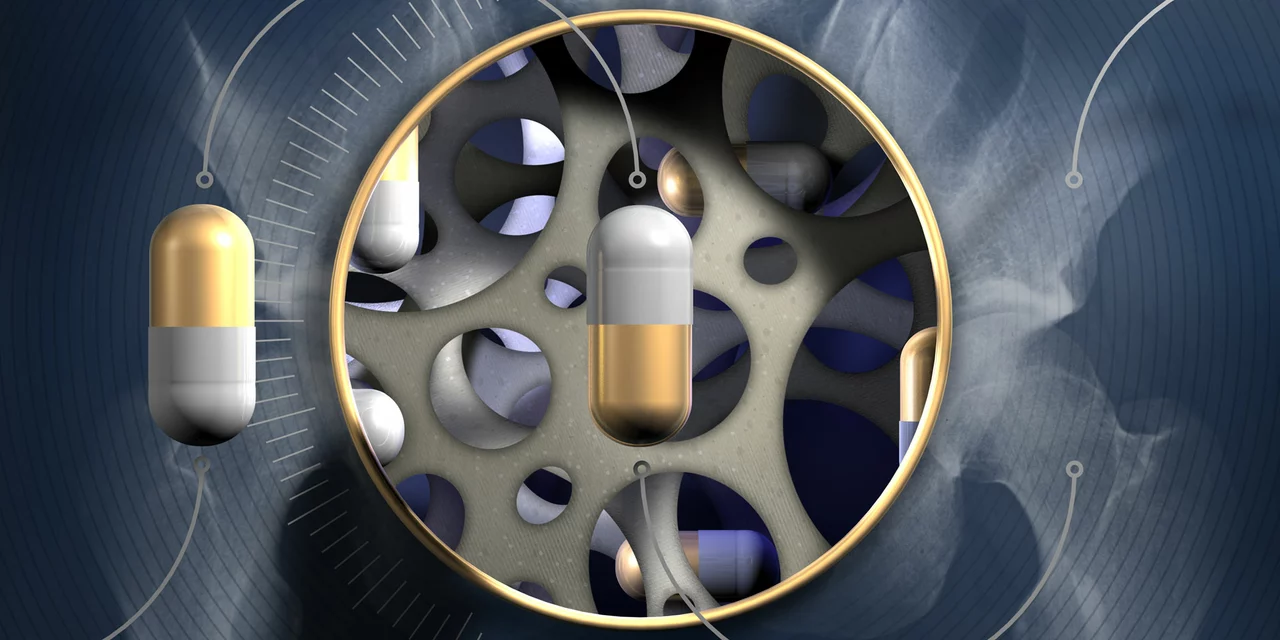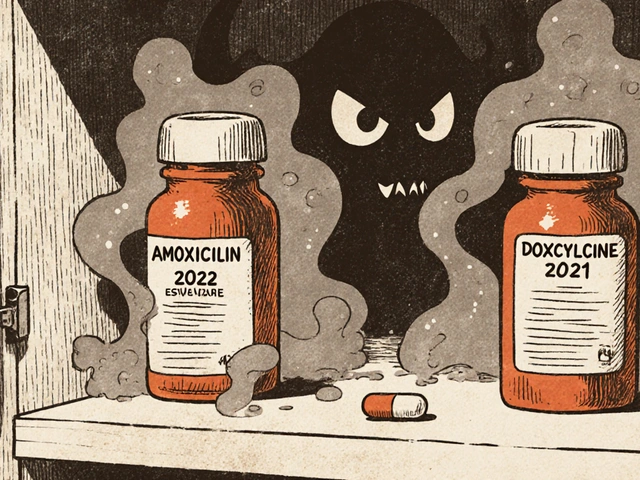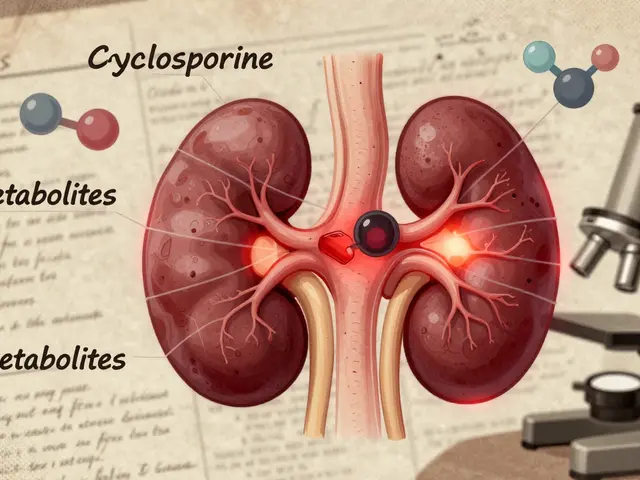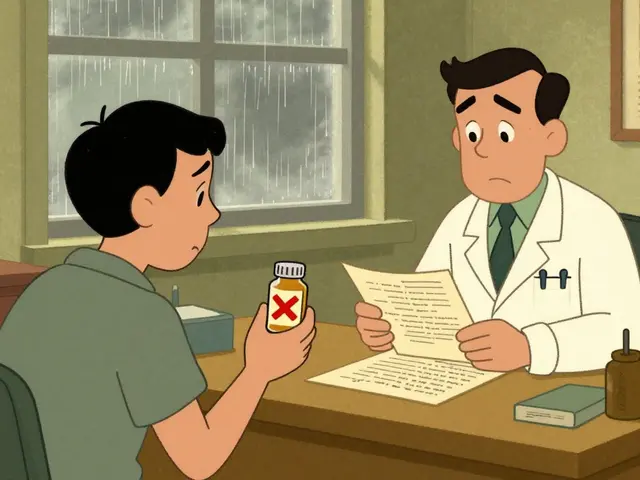Residronate: Practical Guide for Patients
Worried about weak bones or a recent osteoporosis diagnosis? Residronate is a bisphosphonate many doctors use to slow bone loss and lower fracture risk. This page gives clear, useful tips on what residronate does, how to take it safely, common side effects, and what to tell your doctor.
Residronate is prescribed to treat and prevent osteoporosis and to help people who lose bone from long-term steroid use or other conditions. It works by slowing the cells that break down bone, giving the body a chance to maintain or rebuild bone density. If your DEXA scan shows low bone density or you’ve had a fragility fracture, residronate might come up in your treatment plan.
How to take residronate
Follow your doctor’s instructions exactly. Residronate tablets are usually taken on an empty stomach, first thing in the morning. Take the pill with a full glass of plain water—not juice or coffee. Stay sitting or standing for at least 30 minutes after taking it and don’t eat, drink, or take other medications during that time. These steps cut the chance of stomach irritation and help the drug absorb.
If you struggle to swallow pills or have ongoing reflux, tell your prescriber. They may suggest different timing, a referral to a specialist, or another medication. Never lie down right after the tablet—doing so raises the risk of esophagus problems.
Side effects, risks, and what to watch for
Common side effects include heartburn, stomach pain, nausea, and muscle or joint aches. Most people tolerate residronate well, but some experience more serious issues: esophagus irritation or ulceration, low blood calcium, and very rarely problems with the jaw bone (osteonecrosis) after dental surgery. Kidney issues can also make residronate unsafe for some people.
Before starting, mention if you have low calcium, kidney disease, trouble swallowing, or planned dental work. Your doctor may check calcium and kidney function first and recommend vitamin D and calcium supplements. If you get severe throat pain, new difficulty swallowing, or persistent jaw pain, call your clinic right away.
Residronate can interact with calcium supplements, antacids, iron, and some minerals. Take those at least 30–60 minutes after residronate or as directed. If you miss a dose, follow the instructions on your prescription label—usually you take it the next morning but don’t double up the same day unless told to.
How long to stay on residronate varies. Many people take bisphosphonates for several years, then review benefits and risks with their doctor. Regular bone density checks, labs for calcium and kidney function, and a clear plan with your provider help you get the most benefit with the least risk.
Got questions or something feels off? Ask your prescriber. Small habits—taking the pill with water, staying upright, and checking calcium—make a big difference for safety and results.

Residronate and Bone Infections: A Treatment Option
In my latest blog post, I explored the potential of Residronate as a treatment option for bone infections. I discovered that this drug, which is usually prescribed for osteoporosis, has shown promising results in combating bone infections such as osteomyelitis. Its unique ability to target and strengthen the affected area makes it an interesting alternative to traditional antibiotics. However, it's important to note that more research is needed before Residronate becomes a widely accepted treatment for bone infections. Overall, it's an exciting development in the medical field and I'll be keeping an eye on any further advancements.
Read More




